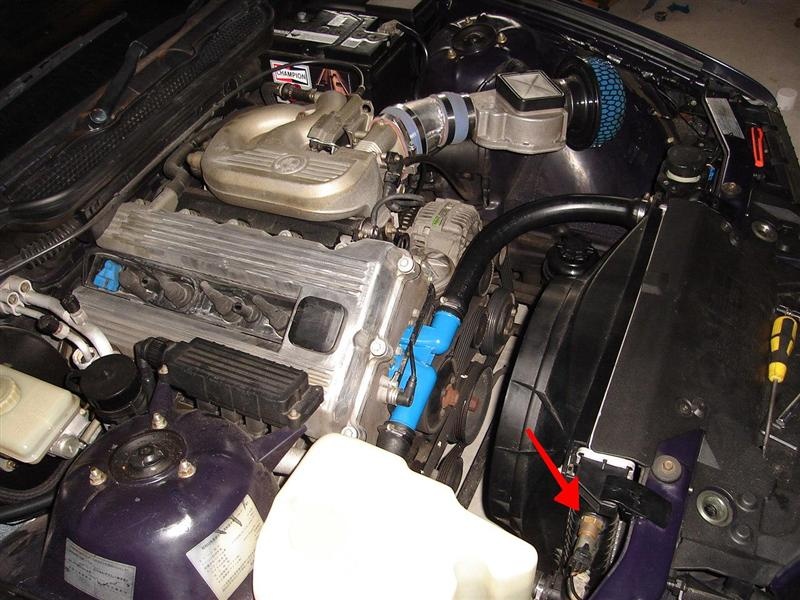Updating Your BMW 318ti: Top Mods and Enhancements
Updating Your BMW 318ti: Top Mods and Enhancements
Blog Article
Essential Factors To Consider for Picking the Finest Engine for Your Requirements
In the realm of choosing the ideal engine to satisfy your needs, a number of vital factors demand careful consideration to guarantee optimum efficiency and efficiency. From the nuanced equilibrium in between power and performance to the often-overlooked facets of upkeep and service requirements, each element plays a crucial function in figuring out the most suitable engine for your particular requirements. As the intricacy of engine technologies remains to evolve, discerning the most suitable alternative demands a deep understanding of the interaction in between various factors to consider. By exploring the complex internet of elements that underpin this decision-making process, a clearer path emerges in the direction of picking an engine that not only fulfills yet surpasses your expectations.
Power and Performance
When examining engines for optimal performance, it is essential to prioritize both power output and efficiency. Power result determines the capacity of an engine to generate energy, which straight influences its performance. A high power output is crucial for requiring tasks such as sturdy applications or high-speed demands. It makes certain that the engine can deal with the work properly and successfully. Power alone is not sufficient; performance plays a significant role in figuring out the total efficiency of an engine. Performance describes just how well the engine converts fuel right into usable power. A much more reliable engine will certainly supply much better gas mileage, reduced exhausts, and reduced operating expense. Striking the appropriate balance between power output and efficiency is vital to picking an engine that meets your particular requirements. It is necessary to take into consideration aspects such as the meant use the engine, ecological effect, and long-lasting expense effects when making this decision. By very carefully reviewing both power and effectiveness, you can pick an engine that provides optimal efficiency and meets your needs successfully.
Fuel Efficiency and Economic Situation
Gas efficiency refers to the engine's ability to transform fuel into power with very little waste, directly impacting operating prices and ecological sustainability. Engines with higher gas effectiveness not only lower fuel expenses yet additionally decrease carbon discharges, adding to a greener operation.
Compatibility and Application
Thinking about the gas effectiveness and economy of an engine, the next critical aspect to address is its compatibility and application within specific functional contexts. Compatibility refers to how well the engine integrates with the total system or equipment it powers.
Different engines are developed for details objectives, whether it be industrial equipment, aquatic vessels, vehicles, or power generators. Understanding the intended application allows for the option of an engine that can supply the required power result, torque, and operational attributes.
Maintenance and Service Needs
Upkeep and service requirements play a critical duty in making certain the longevity and optimum efficiency of an engine. Normal maintenance is vital to avoid find more info breakdowns, prolong the life expectancy of the engine, and maintain its effectiveness. When choosing an engine, it is essential to consider the producer's suggested upkeep routine and the accessibility of solution facilities or certified specialists.
Aspects such as the frequency of oil modifications, filter substitutes, and total inspections can considerably influence the engine's performance. Some engines may require more constant servicing based upon their style and usage, while others may have longer periods between maintenance checks. It is crucial to stick to these solution requirements to avoid expensive fixings and unanticipated downtime.
Price and Spending Plan Factors To Consider
When selecting an engine for a particular application,Budget restraints typically play a considerable function in the decision-making process. When considering the cost and budget ramifications of selecting an engine, it is vital to assess not just the preliminary look at this web-site acquisition rate however also the long-term expenses connected with upkeep, gas usage, and possible upgrades or fixings. It is crucial to strike a balance in between the upfront cost of the engine and its general lifecycle expenses to make certain that the chosen engine remains monetarily sustainable throughout its functional lifespan.
Aspects such as fuel reliability, resilience, and efficiency can directly affect the total cost of possession of an engine. While a more costly engine might have higher ahead of time expenses, it might possibly cause lower maintenance and fuel costs with time, thus using much better value over time. Furthermore, thinking about the availability and price of extra parts, as well as the convenience of upkeep and service, can help avoid unforeseen monetary strain in the future. By carefully reviewing these cost and budget plan considerations, you can make an informed decision that aligns with your financial restraints and operational requirements.
Conclusion

Fuel performance refers to the engine's capacity to convert fuel into power with marginal waste, straight impacting operating prices and ecological sustainability.Elements influencing fuel effectiveness consist of engine style, combustion efficiency, and total efficiency optimization. Additionally, choosing the proper fuel kind and grade as suggested by the engine supplier can even more boost performance and extend engine life-span.
Engines with excellent serviceability features and easily offered parts can decrease upkeep expenses and reduce the time the engine is out of procedure - bmw 318ti. It Get More Info is essential to strike a balance in between the in advance expense of the engine and its general lifecycle prices to ensure that the selected engine stays monetarily lasting throughout its operational life expectancy
Report this page